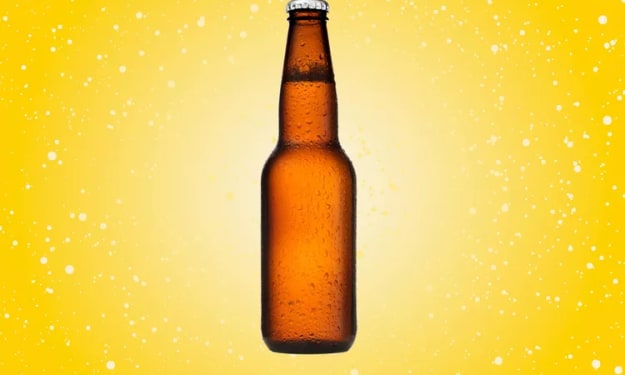Ultimate Guide to Healthy Dental Habits
Many say a nice smile can make you far more beautiful than the best makeup out there.

Many say a nice smile can make you far more beautiful than the best makeup out there. Taking proper care of your teeth does not only improve your smile, but also helps our overall well-being. Good oral health can help prevent various diseases and can be an indicator of how well a person takes care of themselves. If you want to do your teeth justice, here are a few dental habits you ought to acquire and maintain.
Avoid certain foods and beverages
There are several reasons parents don’t want their small children to overdo it with candy, one of them is the damage it does to their teeth. Mouth bacteria can actually use sugar to create acids which then lead to cavities and end up ruining the enamel of the teeth. But the list of harmful foods doesn’t stop here. You can also add jam, flavored foods like cereal and yoghurt, bread, acidic fruits such as lemons or oranges, potato chips and other snacks, dried fruits, etc.
Certain beverages can also contribute significantly to tooth erosion. Moderate your consumption of carbonated drinks, especially those loaded with sugar (like coke), alcohol, coffee, teas, sports energy drinks, etc. On the other hand, drinking plenty of water is recommended, particularly after meals. It helps wash off the remains of food and get rid of the lingering acid and sugar.
Regular dental check ups
It cannot be stressed enough how important it is for your overall dental health to pay regular visits to a dentist. It is generally recommended that one do a dental check up every six months. By doing so, you are making sure that your teeth and gums are in perfect order, and that there are no issues with your oral health that could eventually cause bigger problems.
Even if you have had some unpleasant experiences in the past, as so many people have, don’t let your fear stop you from taking proper care of your teeth. If you do suffer from dental anxiety, there are professionals like Penrith Dental, who will take your issue seriously and ease you into the process in order to do their job. This way, you can feel as relaxed as possible in a dental setting.
Before you go to bed…
Don’t be too lazy to brush your teeth, regardless of how tired you are. This time of day needs to be specially emphasized because it is related to the body’s functioning, or rather the production of saliva. Your body does not produce as much saliva at night as it does during the day, which is not good for your mouth because saliva also serves an anti-bacterial purpose. Not only that, it also helps neutralize acid in the oral cavity. You can help your teeth by brushing before sleep, thereby removing bacteria and remnants of food before your body decreases the production of saliva.
Learn the do’s and don’ts of brushing
Don’t be mistaken by thinking that it doesn’t really matter how you brush your teeth as long as you get it done twice a day. The technique makes a great deal of difference. With the bristle tips kept against the gum line, make circular motions with your toothbrush, gently brushing every single tooth. Do not rush this into a 10 second routine: brushing your teeth should take approximately two minutes for maximum results. This is the most efficient way to remove unwanted plaque that could lead to tooth decay.
Don’t skip the tongue
Another healthy habit you should acquire is to also clean your tongue when brushing. An abundance of bacteria and food remains lies on it. By brushing the tongue, you are getting rid of those remnants and also preventing bad breath.
What about the toothbrush?
The kind of toothbrush you choose matters as well. First of all, make sure your brush has soft bristles. Your brush should also be shaped in such a way that allows you to reach every part of your mouth fairly easily. Don’t forget to replace the brush every three months or so, depending on when the bristles on it start getting frayed. Also, replace your brush after you’ve been sick.
Use mouthwash
Though mouthwash is not crucial to your dental health, it can most certainly boost it. Firstly, mouth-washing can be used as an extra means of protecting your mouth from harmful bacteria that also cause bad breath. Secondly, it can reach those hidden places between teeth that a toothbrush has trouble getting to. Another advantage is that it can prevent plaque from building up and protect you from gingivitis and cavities.
Flossing is your teeth’s friend
Don’t skip flossing, if at all possible. The amount of good it can do for your dental health is enormous. Not only does it get rid of excess food in the hard-to-reach areas between teeth, but it also removes plaque, prevents inflammation, and helps you keep your teeth white and beautiful.
To conclude...
It may seem like all this requires an abundance of effort and time. Still, once you’ve been practicing it for a while, you’ll realize that isn’t really the case and that the results are overwhelmingly positive.





Comments
There are no comments for this story
Be the first to respond and start the conversation.